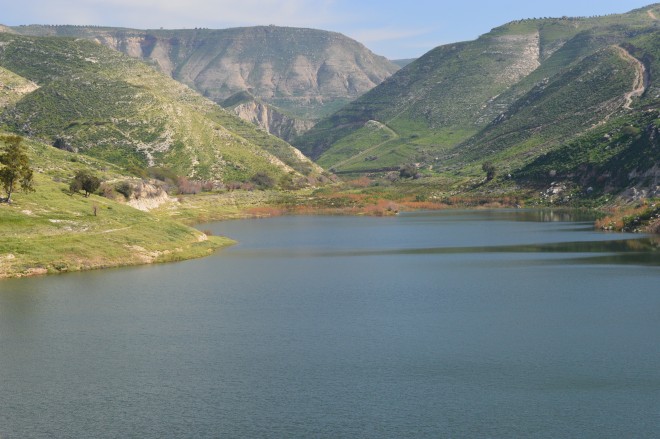 It might not have the archaeological marvels of Petra or the adventure of Wadi Rum, but a two-hour drive from Amman’s dusty streets, you’ll find something special that you won’t find elsewhere in Jordan. Nestled in the hills and landscape of north-western Jordan, lies a green oasis with an eco-minded philosophy: Sharhabil Bin Hassneh EcoPark (SHE.)
It might not have the archaeological marvels of Petra or the adventure of Wadi Rum, but a two-hour drive from Amman’s dusty streets, you’ll find something special that you won’t find elsewhere in Jordan. Nestled in the hills and landscape of north-western Jordan, lies a green oasis with an eco-minded philosophy: Sharhabil Bin Hassneh EcoPark (SHE.)
It took six years to transform a vast, barren space into a tree-filled, ecological habitat. Before 2004 there was nothing but dry, neglected land. The EcoPark has come a long way since we first reported its opening.
Visitor numbers are continually on the up, reaching 20,000 last year. On weekends in spring it’s not unusual for the park to see 2,000 visitors, ranging from families, to school groups and nature lovers all wanting to make the most out of the open green space, and enjoy the flora and diverse ecological habitats.
With its growing popularity (it’s even hosting the annual Jordan Valley Triathlon and Duathlon next month!) and to cope with the increasing visitor numbers, the EcoPark is upgrading its facilities. It’s recently installed new 26-kilowatt solar smart panels moving with the sun to catch its light and providing power to the information center and cabins.
Work is ongoing also on a new kitchen, toilets and seating area that will be ready in spring, and cabins with private bathroom facilities are planned for the future.
The EcoPark already has a giant swing in place to delight and challenge visitors, but it’s planning more adventure games for summer, including two new zip lines, one sweeping across Jordan’s first dam – the Ziglab dam – which was built in 1964. In keeping with its eco-friendly ethos, the new kitchen and toilets will be housed in recycled containers and private bathroom facilities will be provided with fresh spring water from the dam.
The story of Sharhabil EcoPark
Jordan is one of the driest countries in the world, and its problem of water shortages has long been documented. After seeing the destruction and the deterioration of the Ziglab dam and the land surrounding it, a group of environmentalists from EcoPeace Middle East decided that they needed to do something. They rented 100 dunam of land from the Jordan Valley Authority, began to plant trees and monitor environmental threats.
The pilot project was so successful that they were given more land and grants, fenced off the area to prevent overgrazing. The park opened to the public in 2008. It now has 56 species of birds, walking trails and wooden cabins for visitors to stay in.
Educational initiatives
Part of the SHE EcoPark’s mission has always been to increase public awareness about the environment and to preserve ecological habitats in the Jordan River Valley. Recycling and sustainability haven’t been a priority in Jordan and green governmental policies are greatly lacking in Jordan. But the park aims to change this.
One way SHE EcoPark does this is by organizing events and projects for children from schools and community organizations around Jordan. With Jordan’s water shortage issues and having poor recycling infrastructure, educating the future generation about water conservation and recycling is paramount.
Recently a group of orphans from Amman that came to spend the day enjoying the fresh air, the grassy trails and games. After having breakfast cooked by two local women, they set off on a two-hour hike around the park, passing a bird-watching hut hide made from 2000 recycled plastic bottles filled with sand, learning that litter can be reused again for something useful.
The EcoPark’s manager Othman Al-Tawalbeh said that there are many ways that we can benefit from recycling and he wants to get this point across to visitors. “We want to teach people how they can benefit from plastic by using easy-to-teach practices,” he said when describing a second use the park has for discarded plastic bottles – mosquito traps!
The geodesic dome – a structure made from metal – was another huge hit with the children. Apart from learning about alternative ecological building techniques, they saw how an open air theater worked. The dome is used as a stop off point along one of the trails and provides a very apt space for environmental discussions, teaching visitors about the regional water conflict.
Mr Tawalbeh explained that although children have spend a fantastic time at the park, it takes time and management to teach kids to care for the environment. “80% of the children leave the park with rich knowledge about caring for the environment, but there are still challenges of course in getting all children to understand the importance of sustainability and caring for the environment,” he added.
Working with the local community
As well as working with the general public to improve sustainability, the park also works with the local community. There have been problems in the past with cattle overgrazing, but the park and local Bedouins work together to reduce the effects. The Ziglab dam pumps water to the Bedouins for their own use and in return they conserve the main water reserves of the dam.
The SHE EcoPark park also relies on locally grown and made produce, such as pomegranates, olives, oranges and lemons. Local Bedouins come and attend to bee hives in the park and sell the honey in the small visitors’ shop. Groups coming to learn more about nature and the environment also have the chance to drink and eat with a local Bedouin family.
Walking trails, bikes and a shady picnic areas are just some of the many ways to enjoy this calm eco-haven with rolling hills and magnificent views. The visiting children enjoyed it greatly. On returning from the two-hour walk tired, but animated, and full of new information one child commented: “This is already the best day I’ve had in ages.”

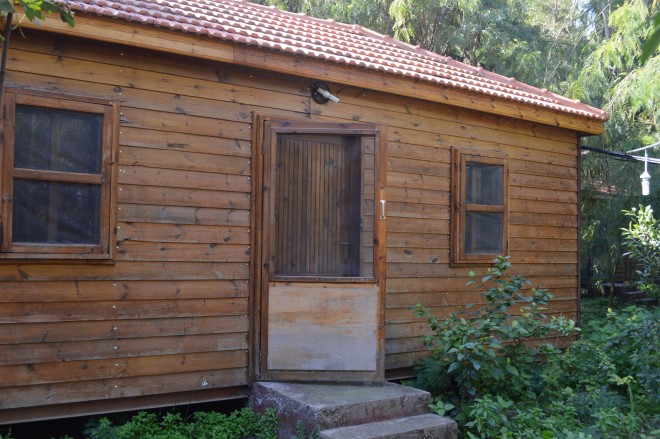
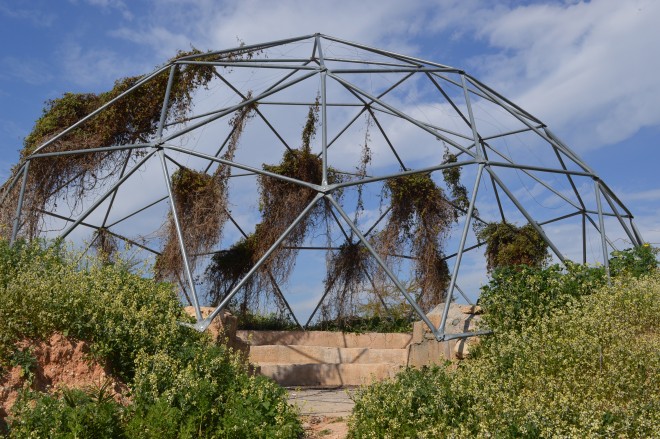
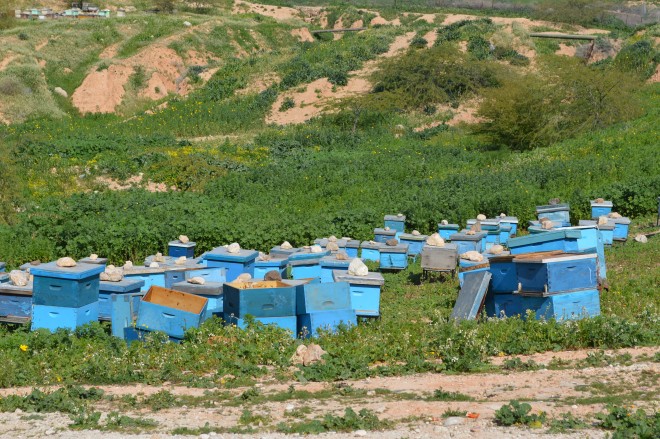
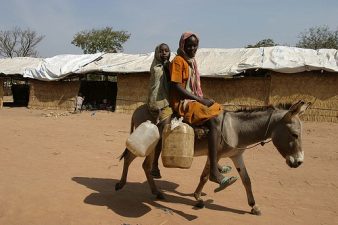
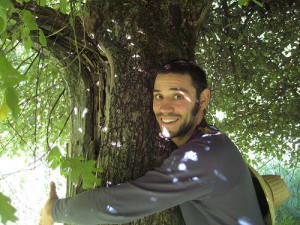
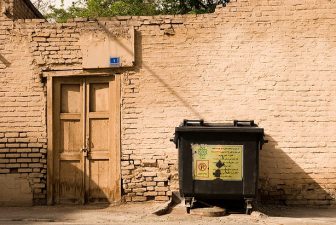
That’s BEAUTIFUL! I’ll bet the rain is filling it up even more. Wonder if it snowed there?